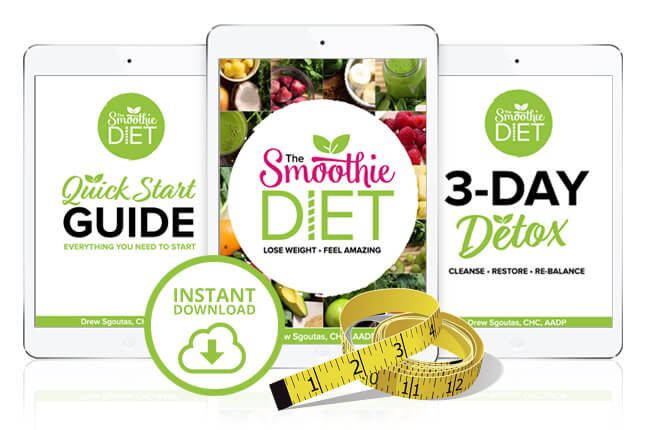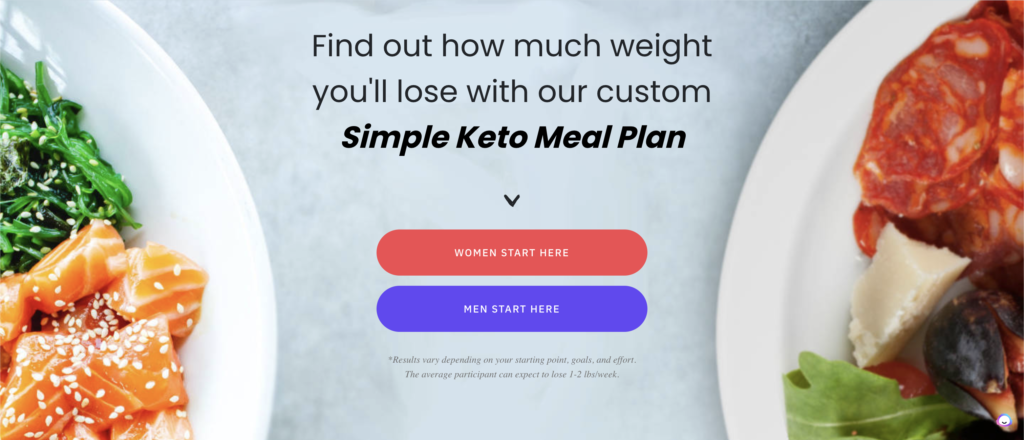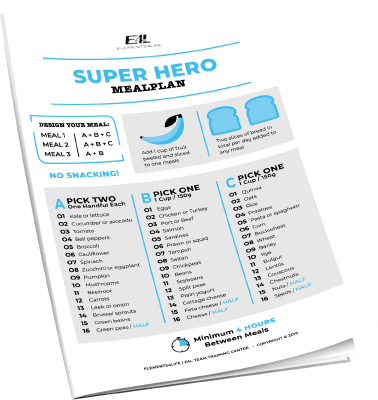
book
gym
tour
- Meet with a coach
- Explore gym space & options
- Discuss goals and ambitions
- Develop a training strategy
- Discover the benefits of E4L
You will receive separate emails to confirm your gym tour.
Privacy Policy
















 ‘Service’ defined as ‘the action of helping or doing work for someone’ - the service that Elements 4 Life provides goes beyond this. The coaches are genuine, their approach to training is exciting and progressive, you will be supported and challenged to be the best version of yourself – mind and body. Then there’s the amazing people, our E4L community, this is what makes the gym so unique to all the other gyms I’ve been a member of.
‘Service’ defined as ‘the action of helping or doing work for someone’ - the service that Elements 4 Life provides goes beyond this. The coaches are genuine, their approach to training is exciting and progressive, you will be supported and challenged to be the best version of yourself – mind and body. Then there’s the amazing people, our E4L community, this is what makes the gym so unique to all the other gyms I’ve been a member of. 





